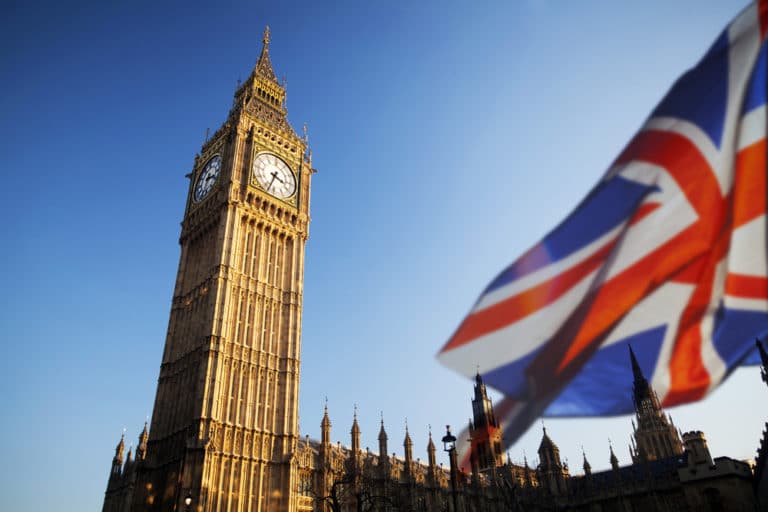Britain said it would reform the data rules it agreed to be a part of when it was still in the European Union. It plans to adopt a ‘common sense’ approach to facilitate data partnerships with the United States and other countries.
That stance elicited a warning out of Brussels almost immediately.
Data adequacy partnerships mean organizations are exempt from implementing compliance measures, saving them money while helping them shirk their responsibility of sharing data securely when doing business internationally. Some would like to believe that the entities the laws were written for will behave themselves if allowed this kind of leeway. However, most people know that is not true.
Common sense might not make sense
Digital Minister Oliver Dowden said that this approach means reforming the UK’s data laws to rely on “common sense” instead of “box-ticking.”
He added that it means having the appropriate leadership present at the Information Commissioner’s Office to advance the new era of data-driven growth and innovation. The new regime could see cookie banners that pop up when you visit sites that use them vanish.
Dowden called many of the warnings these pop-ups deliver “pointless” and asserted they should go. However, this reckless approach puts London at odds with Brussels.
The Commission vs. “Common Sense”
Britain incorporated its own data rules, mirroring the EU General Data Protection Regulation, after Brexit. The EU recognized those protection standards to enable a convenient and secure data transfer between the bloc and its former member.
The EU Commission said on Thursday it will closely monitor the situation. A spokesperson confirmed that when the Commission’s adequacy decisions were adopted for the UK system, it was aware that the UK could go rogue and diverge from the EU system.
The UK picked New Zealand Privacy Commissioner John Edwards as its new Information Commissioner, overseeing the overhaul.
